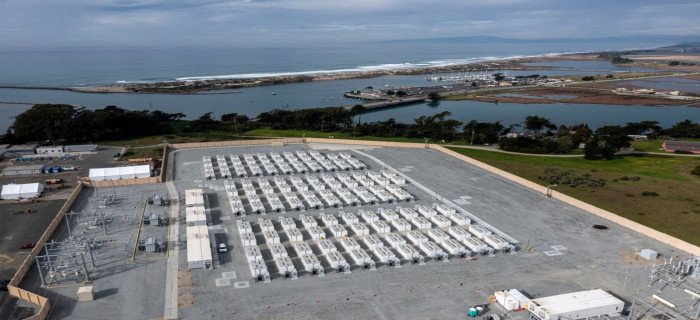
Centre Approves ?5,400 Crore Viability Gap Funding to Support 30 GWh Battery Storage Capacity
12 Jun 2025
In a landmark move to strengthen India’s renewable energy backbone, the central government has approved ?5,400 crore in Viability Gap Funding (VGF) to support the development of 30 gigawatt-hours (GWh) of battery energy storage systems (BESS). This financial support aims to bridge the cost gap for developers and accelerate the rollout of large-scale storage projects critical for round-the-clock renewable energy supply.
The initiative will directly support grid-scale battery storage infrastructure across 15 states, with 25 GWh allocated for competitive selection by the states and the remaining 5 GWh earmarked for the public sector undertaking NTPC. States such as Rajasthan, Gujarat, Maharashtra, Karnataka, and Andhra Pradesh are among the major beneficiaries. These regions will host strategically located BESS units that can store surplus renewable energy during off-peak hours and dispatch it when demand peaks, ensuring grid stability and efficient energy management.
The government has set a viability funding cap of ?1.8 crore per megawatt-hour, and projects selected under this scheme must be commissioned within 18 months of finalizing power purchase agreements. The financial assistance will be disbursed in phases 20% at the financial closure stage, 50% upon commissioning, and the remaining 30% one year post-commissioning ensuring both accountability and timely execution.
This second round of VGF funding follows the initial phase launched in 2023, under which 13.2 GWh of storage capacity was already awarded. With the new approval, the total supported BESS capacity under the national scheme now stands at over 43 GWh. The government estimates that this support could attract over ?33,000 crore in private investment, reinforcing India’s position as a fast-emerging market for energy storage solutions.
Additionally, to enhance the commercial viability of storage projects, the government has waived interstate transmission charges for BESS and pumped hydro projects commissioned before June 2028. The move is expected to reduce project costs and encourage faster adoption of clean energy technologies across regions. This policy decision marks a crucial step in India’s energy transition journey. As the nation works toward achieving its target of 500 GW of non-fossil fuel capacity by 2030, large-scale battery storage will play a vital role in ensuring energy security, balancing supply-demand dynamics, and enabling 24/7 access to clean power.


 (1).gif)
leave your comment